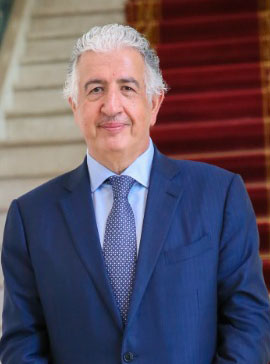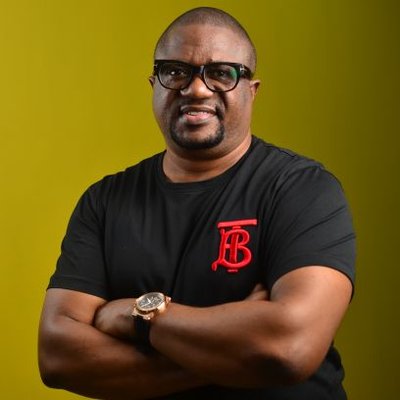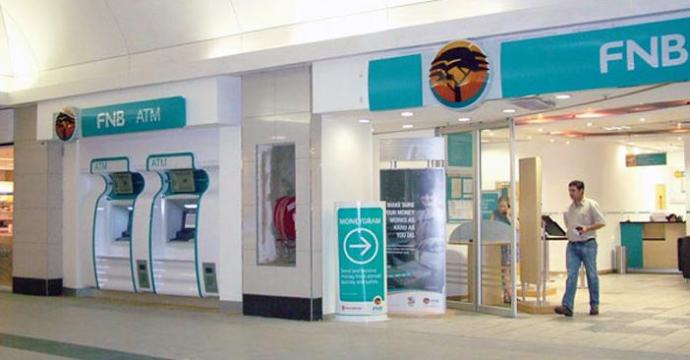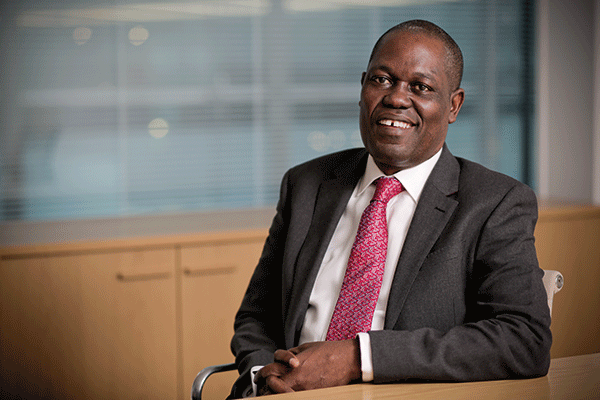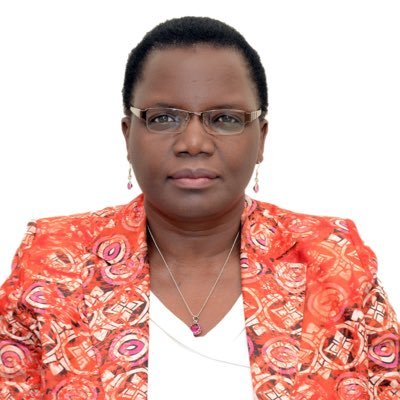Republic of Benin COVID-19 Laboratories Commences Operations With AATB Grant
The people of Republic of Benin had their prayers answered with a grant from the Arab Africa Trade Bridges (AATB) Program in response to the COVID-19 crisis, as part of efforts aimed at providing immediate emergency funding to fight against novel coronavirus. The Arab Africa Trade Bridges (AATB) Program, led by the International Islamic Trade Finance Corporation (ITFC) has granted emergency funding to the Republic of Benin to facilitate its COVID-19 ‘Screen-Isolate-Treat’ strategy as it fights to halt the spread of the virus.

This initiative comes in line with the AATB Response to COVID-19 Crisis Plan set by the Executive Committee of the AATB, including the Islamic Development Bank (IsDB), the International Islamic Trade Finance Corporation (ITFC), the Arab Bank for Economic Development in Africa (BADEA), the Africa Export-Import Bank (Afreximbank) and the Islamic Corporation for the Insurance of Investment and Export Credit (ICIEC), at its meeting which was held on April 9, 2020, approved a “Response from the AATB to the COVID-19 crisis ”, in order to strengthen the capacities of member countries to respond to the pandemic and to strengthen the resilience of the health sector in African and Arab countries.
Read also : https://afrikanheroes.com/2020/06/14/prof-benedict-oramah-re-appointed-as-afreximbank-president/
To this end, 17 laboratories will be made operational in all departments and 89 sorting and screening sites (each municipality will have at least one sorting and screening site). Depending on the protocol to be used, rapid diagnostic tests (RDTs) and PCR will be used. The main targets for screening are high-risk, vulnerable and key worker groups, including teachers, school administrative staff, salespersons in schools, truckers and apprentices at land entry points, medical professionals, in addition to forces involved with the fight against COVID-19.
Commenting on ITFC’s financial support to the Republic of Benin, Eng. Hani Salem Sonbol, ITFC CEO, said: “We are working hard with our partners at the Arab-Africa Trade Bridges Program to provide critical life-saving support to our member countries and the hundreds of millions of people in them that need immediate help. In alignment with the IsDB 3Rs Package, ITFC’s support for Benin will help to halt the spread of the virus and save lives.”
AATB is a multi-donor, multi-country and multi-organizations program, aiming to promote and increase trade and investment flows between African and Arab member countries; provide and support trade finance and export credit insurance; and enhance existing capacity building tools relating to trade. The program specifically focuses on the key sectors of agriculture and related industries including textiles; health industry including pharmaceuticals; infrastructure and transport; and petrochemicals, construction material and technology.
The International Islamic Trade Finance Corporation (ITFC) is a member of the Islamic Development Bank (IsDB) Group. It was established with the primary objective of advancing trade among OIC Member Countries, which would ultimately contribute to the overarching goal of improving socioeconomic conditions of the people across the world. Commencing operations in January 2008, ITFC has provided more than US$51 billion to OIC Member Countries, making it the leading provider of trade solutions for the Member Countries’ needs. With a mission to become a catalyst for trade development for OIC Member Countries and beyond, the Corporation helps entities in Member Countries gain better access to trade finance and provides them with the necessary trade-related capacity building tools, which would enable them to successfully compete in the global market.
Kelechi Deca

Kelechi Deca has over two decades of media experience, he has traveled to over 77 countries reporting on multilateral development institutions, international business, trade, travels, culture, and diplomacy. He is also a petrol head with in-depth knowledge of automobiles and the auto industry

